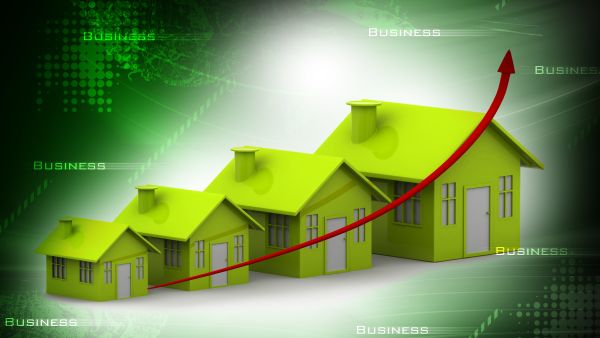In the following, based on the experience with the projects I coordinate with EnergyPal and FMS, along with the team I lead, I will highlight the most important aspects that companies should consider in order to finance their projects improving energy efficiency. The actions companies do for increasing energy efficiency, usually encompass the following:
The main funding options available
The financing of energy efficiency projects can be done from the following sources:
• Own funds
• European, structured funds, POIM
• ESCO (Energy Services Companies)
• Energy Performance Contracting (EPC)
• Financing provided by banks and leasing companies
Technical and economic analysis and amortization calculation
Each financing option considered for a particular project is based on a technical-economic analysis of the proposed solution.
This technical and economic analysis will include:
• Consumer History
• The "smart metering"
• The client's energy audit
• The proposed technical-economic solution
• Calculation of energy savings
• Calculation of investment depreciation
• Valuation of the financing solution
• Solution delivery contract
• The financing contract
• Good execution guarantees, etc
For any energy efficiency project, it should be taken into account that the investment is depreciated from the energy savings, the reduction of spare parts and consumables, and the maintenance work resulting from the new technical solution implemented. The monthly amortization rate should be equal to or less than the monthly energy savings obtained by implementing the new solution.
Energy Performance Contracting (EPC)
EPC-type contracts are characterized by the involvement of the solution implementer in the investment, but also the bonus by obtaining a part of the obtained economy. In this way the risk moves to the supplier. The project does not require any investment from the beneficiary. Throughout the project, the beneficiary obtains support and advice, know-how from the supplier.
The depreciation time of the project will, however, be slightly longer. The provider is bonuses based on the performance of the achieved economy. It is an active co-interest and involves openness from the beneficiary for collaboration throughout the duration of the contact. It also involves the lowest risk on the part of the beneficiary.
Energy Services Company (ESCO)
ESCO contacts are based on the supplier's monthly investment in the economy. They are close to the concept of EPCs, but do not require full-time active consultation, bonuses and, implicitly, results as spectacular as EPCs.
European funds available for energy efficiency projects
The European Funds currently open for smart metering projects are POIM / 358/6/2 / - High Infrastructure Operational Program 2014-2020, Priority Axis 6: Promoting Clean Energy and Energy Efficiency in Supporting a Low Carbon Economy, 6.2: Reduction of energy consumption among industrial consumers POIM / 358/6/2 / Call for projects for energy consumption monitoring at the level of industrial consumers.
Financing granted by banks and leasing companies
Funding by the bank presupposes the above-mentioned preliminary substantiation by authorized specialists and the presentation of this study with measurements of specific indicators for approval. Only a few banks finance energy efficiency projects. The risk of non-realization of savings is slightly higher and is assumed by the beneficiary, but it is based on preliminary analyzes that are technical fundamentals.
Leasing companies are particularly interested in types of equipments that are easily revalued and in projects with a short return on investment up to three years. The risk is similar to that of bank financing.
In conclusion
Energy efficiency offers the opportunity to reduce energy losses as well as to optimize consumption, which translates into an increase in the beneficiary's profitability under the same conditions of the activity. EnergyPal offers flexibility in choosing the solution that suits your project, experience, expertise, and access to the funding needed to achieve energy efficiency results.


































